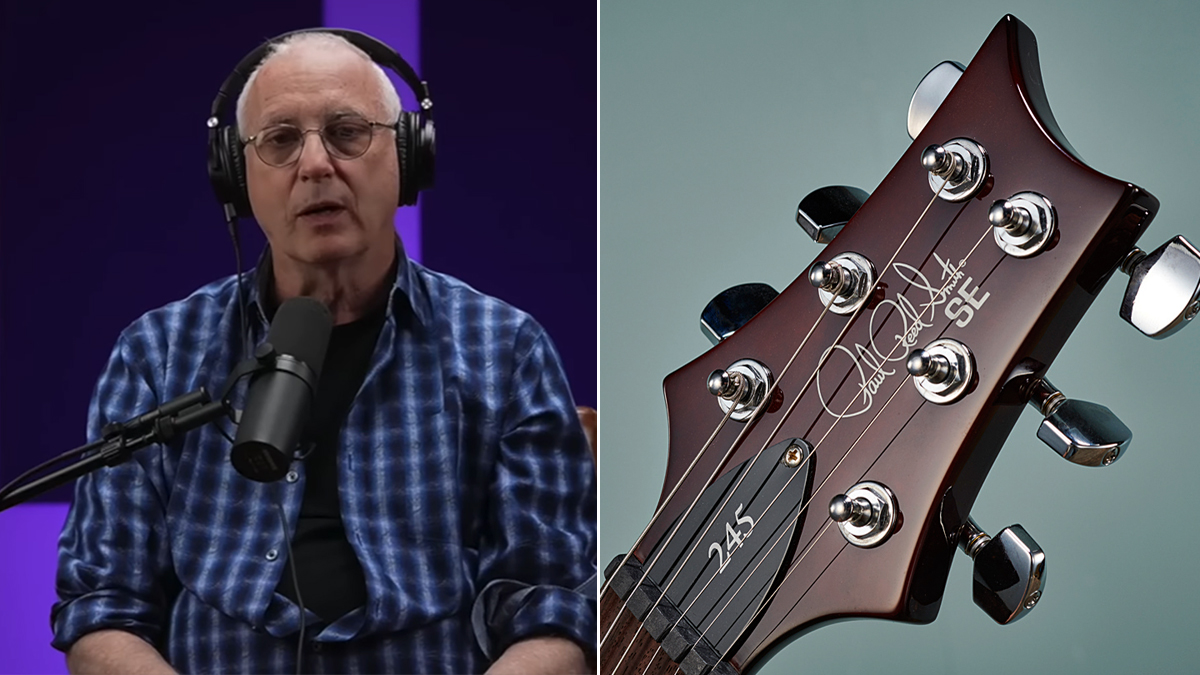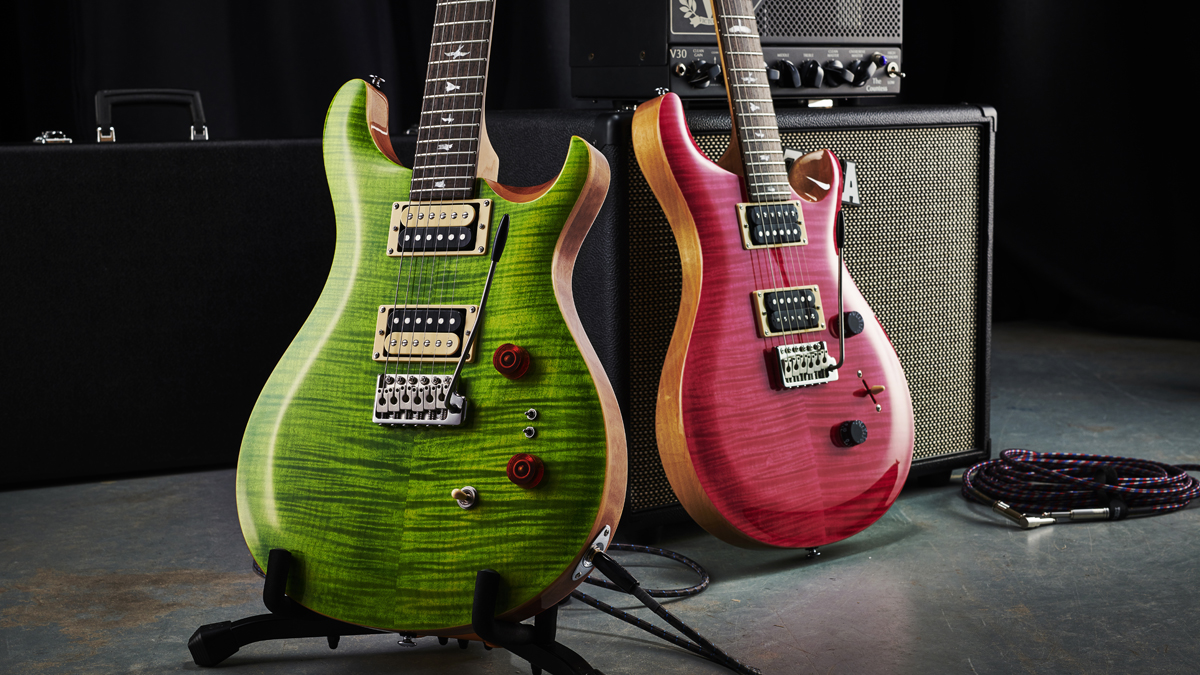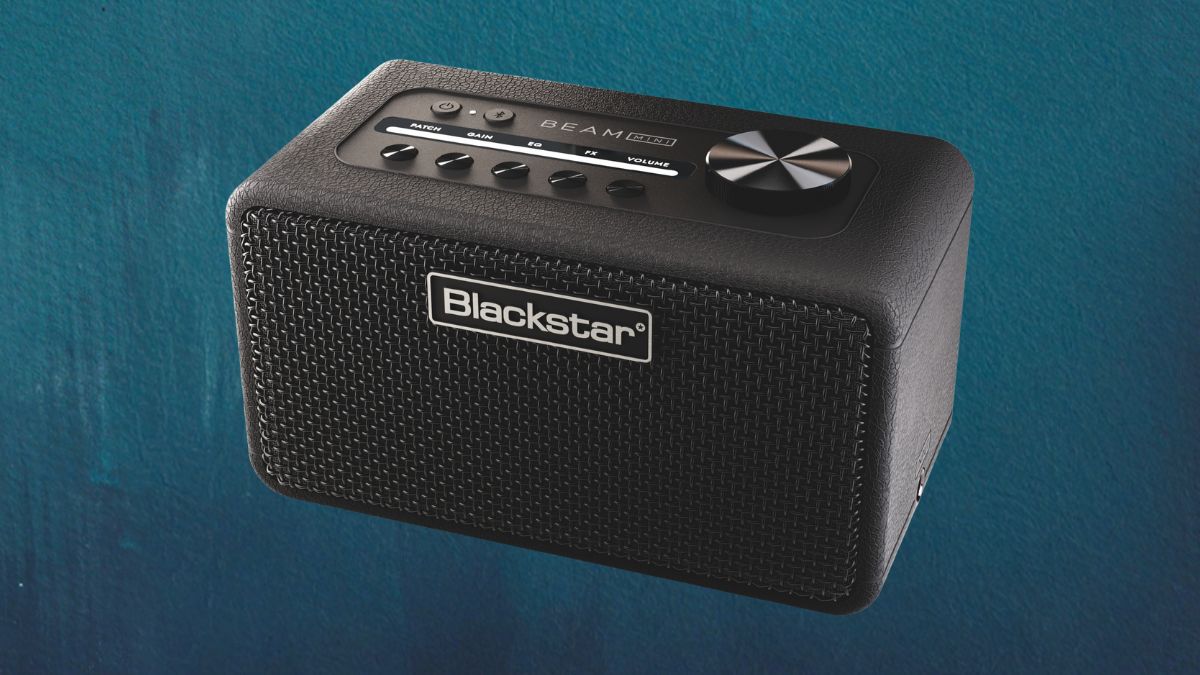Paul Reed Smith has his say on the tonewood debate: “I've heard that tonewoods don't make any difference. It's just not true”

Paul Reed Smith is nothing short of a legend when it comes to the electric guitar and acoustic guitar game. Having started his own eponymous boutique brand back in 1985, PRS has since gone on to become one of the biggest names in the guitar world, sharing the spotlight with the likes of Gibson and Fender.
Indeed, his guitars are used by a league of A-list axe-wielders from across the genre spectrum, from John Mayer and Mark Lettieri to Carlos Santana and Mark Tremonti.
Thus, it’s fair to say Smith knows a thing or two about building guitars, so when he talks about the ins and outs of constructing a six-string, we listen.
Recently, the guitar builder weighed in on the hotly contested tonewood debate: a topic of conversation that either supports or contests the idea that a guitar’s chosen tonewood – such as maple, mahogany, ash or alder, for example – has a formative impact on its overall sound.
It’s a topic that’s as fiercely contested as the Stratocaster versus Telecaster and Gibson versus Fender debates, with some instead believing the tone comes entirely from a guitar’s pickups. However, it’s a school of thought that Smith doesn’t even think to entertain, as he explained rather matter of factly to Dipped In Tone.
“I found an argument in Germany when I was over there that I think sticks,” Smith said. “If the instrument doesn't matter, and it's only the pickup, then a concert violinist would go up to a Neumann microphone and the violin would not matter at all. It's his hands and the microphone. That's it. That's all that matters, according to the internet. What a load of crap.”
As for how this applied specifically to the six-string conversation, Smith went on, “A really good guitar is bright on the bass strings and really thick on the high strings, and that the pickup picks it up.
All the latest guitar news, interviews, lessons, reviews, deals and more, direct to your inbox!
“And the idea that the pickup is going to ignore that… That red guitar in the rig [behind one of the interviewers] is hollow and has a note that's coming out of it all the time, those harmonics are added to every note you play.
“I've heard it over and over and over and over again that the tonewoods don't make any difference whatsoever. It's just not true.”
To hammer home his point, Smith recalled an anecdote from when he went wood-selecting with a couple of violin makers, who had free reign to select some material from PRS’s wood supplier. Miraculously, they all ended up choosing wood from the exact same tree without knowing.

“I took a couple of violin makers to my wood supplier once,” Smith recalled. “And they went and knocked on every piece of wood in this entire area. And they were listening not for the note but how long it rang.
“At the end, the woodcutter's jaw-dropped. I said, ‘What's wrong?’ And he goes, ‘Look what they picked out.’ They picked out 40 backs for violins. They all had the same number on it.
“I said, ‘What does that mean?’ And he said, ‘They're all from the same tree, Paul.’ I mean, they had picked out the ones that rang the longest – it was all coming from the same tree. So that doesn't matter? It's just nuts!”
Enough evidence to put the debate to bed for good? That’s for you to decide, though we imagine there will still be those out there who continue to believe it's the pickups that make the biggest tonal difference of them all.

Matt is the GuitarWorld.com News Editor, and has been writing and editing for the site for five years. He has a Masters in the guitar, a degree in history, and has spent the last 19 years playing everything from blues and jazz to indie and pop. During his GW career, he’s interviewed Peter Frampton, Zakk Wylde, Tosin Abasi, Matteo Mancuso and more, and has profiled the CEOs of Guitar Center and Fender.
When he’s not combining his passion for writing and music during his day job, Matt performs with indie rock duo Esme Emerson, and has previously opened for the likes of Ed Sheeran, Keane, Japanese House and Good Neighbours.

